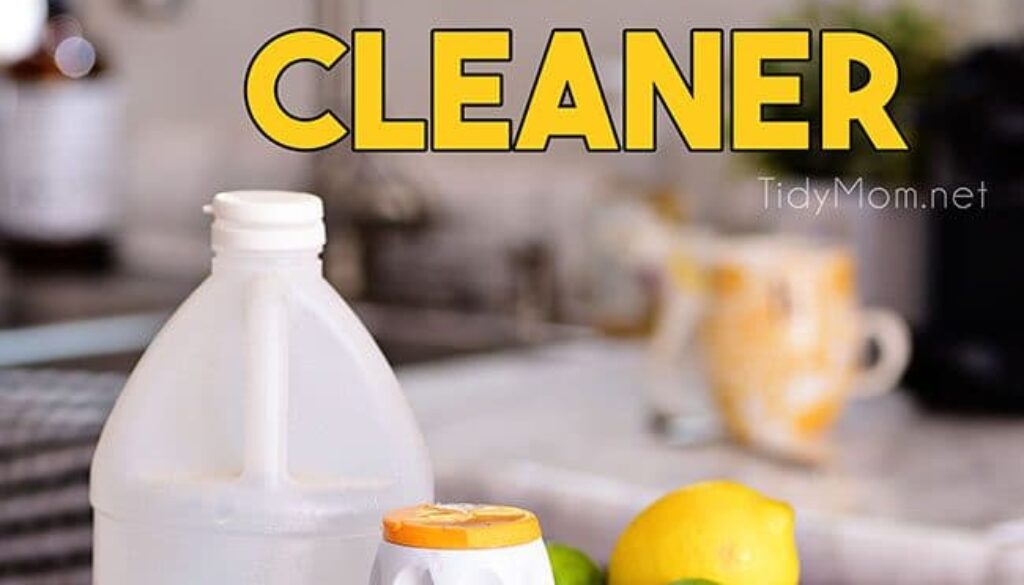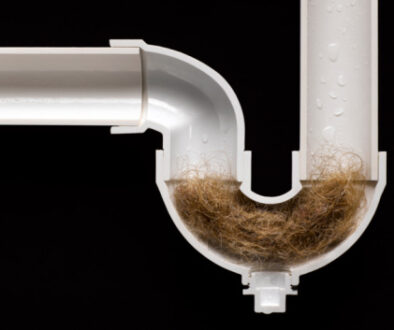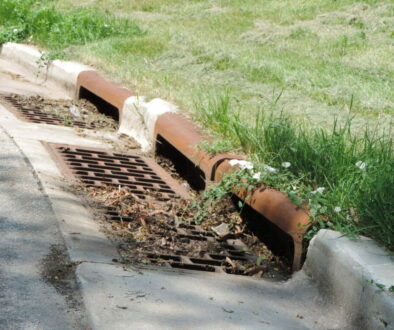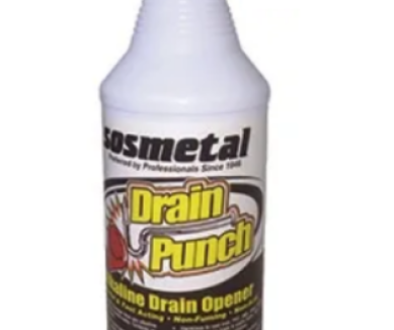What Is The Best Homemade Drain Cleaner
If you’ve ever encountered a stubborn clog in your drain, you know how frustrating it can be. But fear not, because today we’re going to explore the world of homemade drain cleaners. Yes, you heard that right! We’re going to dive into some simple, yet effective DIY solutions to help you unclog your drains without breaking a sweat. So, let’s get started and find out what the best homemade drain cleaner is!
Now, before we jump into the nitty-gritty of homemade drain cleaners, let’s take a moment to understand why they can be a great alternative to store-bought products. Not only are homemade solutions usually cheaper, but they are also often made from common household items. Plus, you have the satisfaction of knowing exactly what goes into your drain cleaner – no mysterious chemicals here!
So, whether you’re dealing with a slow-draining sink or a blocked shower drain, stick around as we explore some tried-and-true DIY recipes that will have your drains flowing smoothly in no time. Get ready to become a DIY drain cleaning expert!
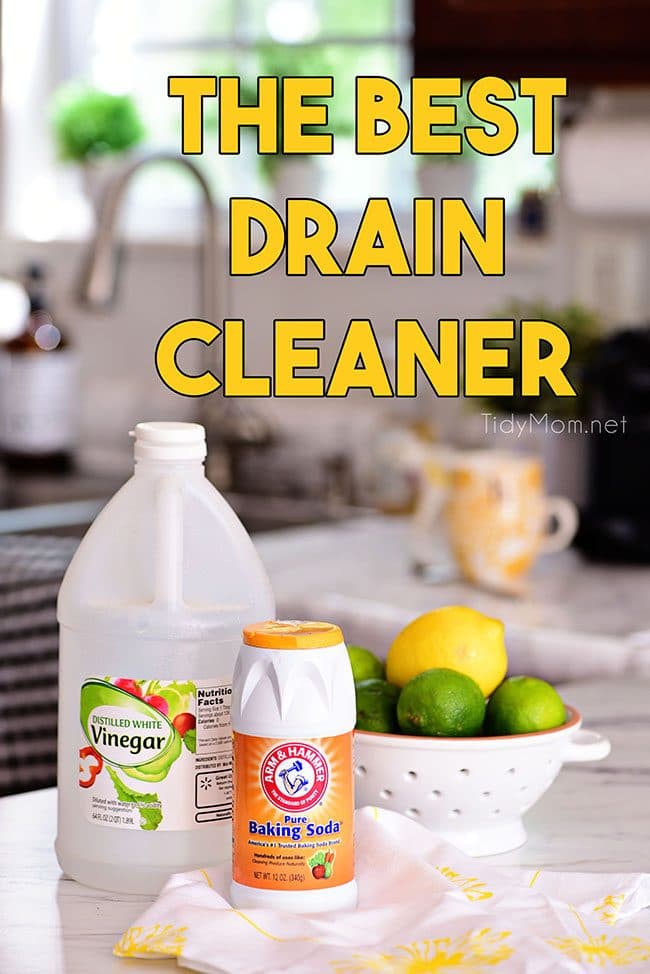
What is the Best Homemade Drain Cleaner? – Keeping Your Drains Clear and Clog-free
Drain clogs can be a major inconvenience in any household. They can cause slow draining, foul odors, and even complete blockages. While there are many commercial drain cleaners available, some people prefer to use homemade solutions that are more environmentally friendly and budget-friendly. In this article, we will explore the best homemade drain cleaner options and discuss their effectiveness, safety, and how to use them properly.
1. Baking Soda and Vinegar – The Dynamic Duo for Drain Cleaning
Baking soda and vinegar are two common household items that can be combined to create an effective drain cleaner. The chemical reaction between the two ingredients creates fizzing and bubbling, which helps break down organic materials and clear drain clogs. To use this homemade drain cleaner, start by pouring a pot of hot water down the drain to loosen any debris. Then, pour half a cup of baking soda followed by a cup of vinegar down the drain. Cover the drain and let the mixture sit for at least 30 minutes before flushing it with hot water. Repeat the process if necessary.
The benefits of using baking soda and vinegar as a drain cleaner are their accessibility and affordability. Most households already have these items in their pantry, making it a convenient DIY solution. However, it is important to note that this homemade drain cleaner is most effective for minor clogs and regular maintenance. For severe blockages or stubborn clogs, professional help may be required.
Tip: Regularly using baking soda and vinegar as a drain cleaner can help prevent clogs from forming in the first place. Pour a mixture of half a cup of baking soda and a cup of vinegar down your drains once a month as a preventative measure.
2. Salt, Baking Soda, and Vinegar – An Extra Strength Drain Cleaner
If you’re dealing with a tough clog, you can enhance the effectiveness of the baking soda and vinegar mixture by adding salt to the mix. Salt acts as an abrasive agent, helping to scrub away stubborn buildup and clear the clog. To create an extra strength drain cleaner, start by pouring a pot of hot water down the drain. Then, mix half a cup of baking soda, half a cup of salt, and a cup of vinegar in a bowl. Pour the mixture down the drain and let it sit for at least one hour. Finally, flush the drain with hot water to remove any remaining residue.
The added salt in this homemade drain cleaner provides an extra boost to the cleaning power of baking soda and vinegar. It helps to break down hardened grease, soap scum, and other tough materials that may be causing the clog. However, due to the abrasive nature of salt, it’s important to use this mixture sparingly and avoid using it on delicate plumbing fixtures.
Tip: To maintain clear and odor-free drains, consider using this extra strength drain cleaner once every few months. It can help remove any buildup and keep your drains flowing smoothly.
3. Boiling Water – Simple Yet Effective Drain Cleaner
When it comes to basic drain maintenance, sometimes all you need is boiling water. Hot water can dissolve fats, oils, and other substances that may be clinging to the sides of your pipes and causing clogs. To use this homemade drain cleaner, bring a pot of water to a rolling boil and carefully pour it down the drain. Repeat the process a few times to ensure thorough cleaning.
This method is particularly useful for preventing hair and soap scum buildup in bathroom drains. By regularly flushing your drains with boiling water, you can help keep them clean and avoid the need for more aggressive cleaning methods. However, it is important to note that boiling water may not be effective for severe clogs or blockages caused by solid materials.
Tip: If you’re dealing with a stubborn clog, try using boiling water in combination with other homemade drain cleaners like baking soda and vinegar or salt, baking soda, and vinegar. The hot water can help loosen the clog, making it easier for the cleaning mixture to break it down.
The Dos and Don’ts of Homemade Drain Cleaning
When using homemade drain cleaners, it’s important to follow some guidelines to ensure safety and maximize their effectiveness. Here are some dos and don’ts to keep in mind:
The Dos:
- Do use homemade drain cleaners as a preventative maintenance measure to keep your drains clear and clog-free.
- Do use hot water before and after using homemade drain cleaners to help flush away debris and thoroughly clean the pipes.
- Do consider using a plunger or plumbing snake to physically remove clogs before resorting to chemical or homemade drain cleaners.
The Don’ts:
- Don’t use homemade drain cleaners if you have recently used a commercial drain cleaner. Chemical reactions between different cleaners can be dangerous.
- Don’t use homemade drain cleaners on completely blocked drains. In such cases, it’s best to seek professional help.
- Don’t use homemade drain cleaners on delicate or old plumbing fixtures, as they may cause damage.
When to Seek Professional Help
While homemade drain cleaners can be effective for minor clogs and regular maintenance, there are situations where professional help is necessary. If you encounter any of the following scenarios, it’s best to contact a licensed plumber:
Severe Blockages:
If your drain is completely blocked and none of the homemade drain cleaners or basic DIY methods have worked, it’s time to call in the professionals. They have specialized tools and equipment to tackle even the toughest clogs.
Recurring Clogs:
If you find yourself dealing with frequent and stubborn clogs despite regular maintenance, there may be an underlying issue with your plumbing system. A professional plumber can identify and address the root cause of the problem.
Old Plumbing Systems:
If you have an older home with outdated plumbing systems, it’s best to leave any drain cleaning to the professionals. Older pipes can be more fragile and prone to damage, so it’s important to rely on experts who know how to handle them properly.
In summary, homemade drain cleaners can be a cost-effective and environmentally friendly way to keep your drains clear and prevent clogs. Baking soda and vinegar, along with other common household items like salt and boiling water, can be powerful allies in maintaining the health of your plumbing system. However, it’s important to remember that homemade drain cleaners have their limitations and should not be used in all situations. When in doubt or facing severe or recurrent clogs, it’s always best to consult a professional plumber.
Key Takeaways for “What Is the Best Homemade Drain Cleaner”
- 1. Baking soda and vinegar are effective and natural drain cleaners.
- 2. Mix 1/2 cup baking soda with 1/2 cup vinegar and pour down the drain.
- 3. Let it fizz for a few minutes, then flush with hot water.
- 4. Another option is using salt, baking soda, and boiling water.
- 5. Mix 1/2 cup salt with 1/2 cup baking soda, pour down the drain, and follow with boiling water.
Frequently Asked Questions
Have a clogged drain? Don’t worry, we’ve got you covered. Here are answers to some commonly asked questions about homemade drain cleaners.
What are the ingredients for a homemade drain cleaner?
Homemade drain cleaners mostly use pantry staples that you probably already have at home. Some common ingredients include baking soda, vinegar, salt, and hot water. Baking soda and vinegar create a chemical reaction that can help break down clogs, while salt can help with scrubbing and deodorizing. Hot water helps to flush out the pipes.
To make a basic homemade drain cleaner, combine 1/2 cup of baking soda with 1/2 cup of vinegar. Pour the mixture down the drain, followed by hot water. This can help clear minor clogs and keep your drains running smoothly.
Can I use a homemade drain cleaner on all types of drains?
Homemade drain cleaners are suitable for most types of drains, including kitchen sinks, bathroom sinks, and shower drains. However, it’s important to note that they may not be effective on more severe or stubborn clogs. In these cases, it may be best to consult a professional plumber.
Additionally, it’s important to exercise caution when using homemade drain cleaners on certain types of materials. For example, avoid using them on delicate surfaces like marble or granite, as the ingredients could cause damage. Always check the manufacturer’s recommendations for drain cleaning products before using them.
How long should I leave a homemade drain cleaner in the drain before rinsing?
The amount of time you should leave a homemade drain cleaner in the drain can vary depending on the severity of the clog. For minor clogs, 15-30 minutes is usually sufficient. However, for more stubborn clogs, you may need to leave the cleaner in the drain for several hours or overnight.
After the designated time, flush the drain with hot water to help clear the clog and remove any remaining cleaner. If the drain is still clogged, you may need to repeat the process or consider other methods of unclogging, such as using a plunger or plumbing snake.
Are there any safety precautions I should take when using homemade drain cleaners?
While homemade drain cleaners are generally considered safe to use, it’s important to take some precautions. Avoid mixing different chemical cleaners, as this can produce harmful fumes or reactions. Additionally, always handle the cleaners with gloves and avoid contact with eyes or skin.
If you have PVC or metal pipes, it’s important to note that the acidic nature of homemade drain cleaners can potentially cause damage over time. Consider using them sparingly or trying alternative methods for regular drain maintenance. If you’re unsure, consult a professional plumber for guidance.
When should I call a professional plumber instead of using a homemade drain cleaner?
While homemade drain cleaners can be effective for minor clogs, there are certain situations where it’s best to call a professional plumber. If you’ve tried multiple attempts with homemade solutions and the clog persists, it could be an indication of a more severe issue in your plumbing system.
Additionally, if you notice other signs like multiple drains being clogged at once, foul odors coming from the drains, or gurgling noises in the pipes, it’s recommended to seek professional help. They have the expertise and tools to handle complex clogs and diagnose any underlying problems with your plumbing system.
Which Drain Opener is the Best? Let’s Find Out!
Summary
When it comes to making your own drain cleaner, there are a few options to consider. One effective method involves using vinegar and baking soda. Simply pour half a cup of baking soda down the drain, followed by half a cup of vinegar. Let it sit for about 30 minutes, then flush it with hot water. Another option is to use salt and boiling water. Just pour half a cup of salt down the drain, followed by boiling water. Let it sit for a few minutes, then run hot water to clear the drain. While these homemade drain cleaners can be effective for minor clogs, it’s important to remember that they may not work for more severe blockages.
It’s also essential to take preventative measures to keep your drains clear. Avoid putting grease, oil, or large food particles down the drain. Use a drain stopper or strainer to catch hair and debris. Regularly flush your drains with hot water or a mixture of vinegar and baking soda to prevent build-up. By following these tips, you can keep your drains flowing smoothly without the need for harsh chemicals or expensive treatments.

